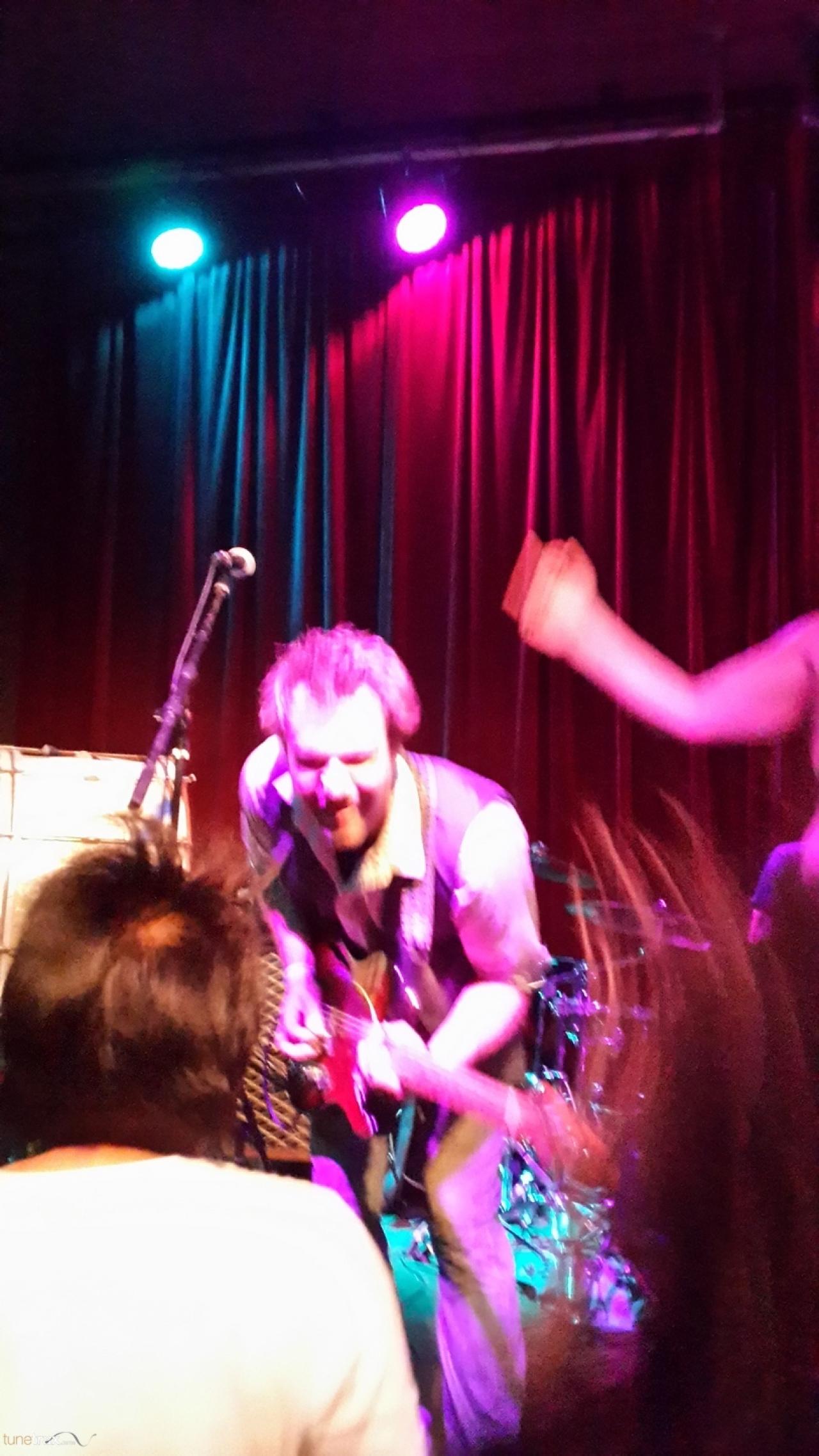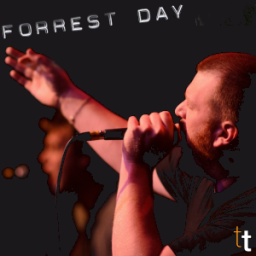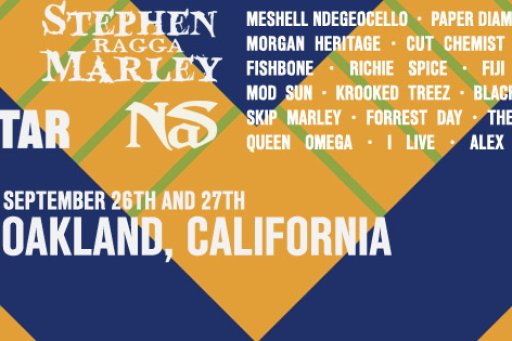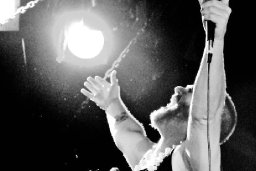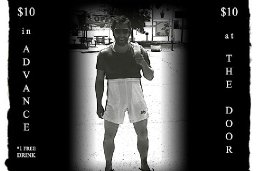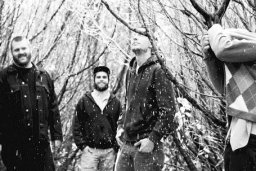Forrest Day
Oakland, California, United States
Booking
Bio
The rhythms of hip-hop provide a placemat for nervously melodic splendor and a melting pot of genres. What are we to call this compellingly oddball mélange of rock, rap, jazz, reggae, and other influences, all in sway to some of the most mirthfully self-conscious streams of consciousness you’ve ever heard? We could call it attention-deficit-disorder rock. Or maybe we should just call it Forrest Day, the Bay-area bandleader who’s releasing his... More
Type
Band
Genre
Pop, Pop Rock
Influences
RHCP, Sublime, Jane's Addiction and Green Day
Website

